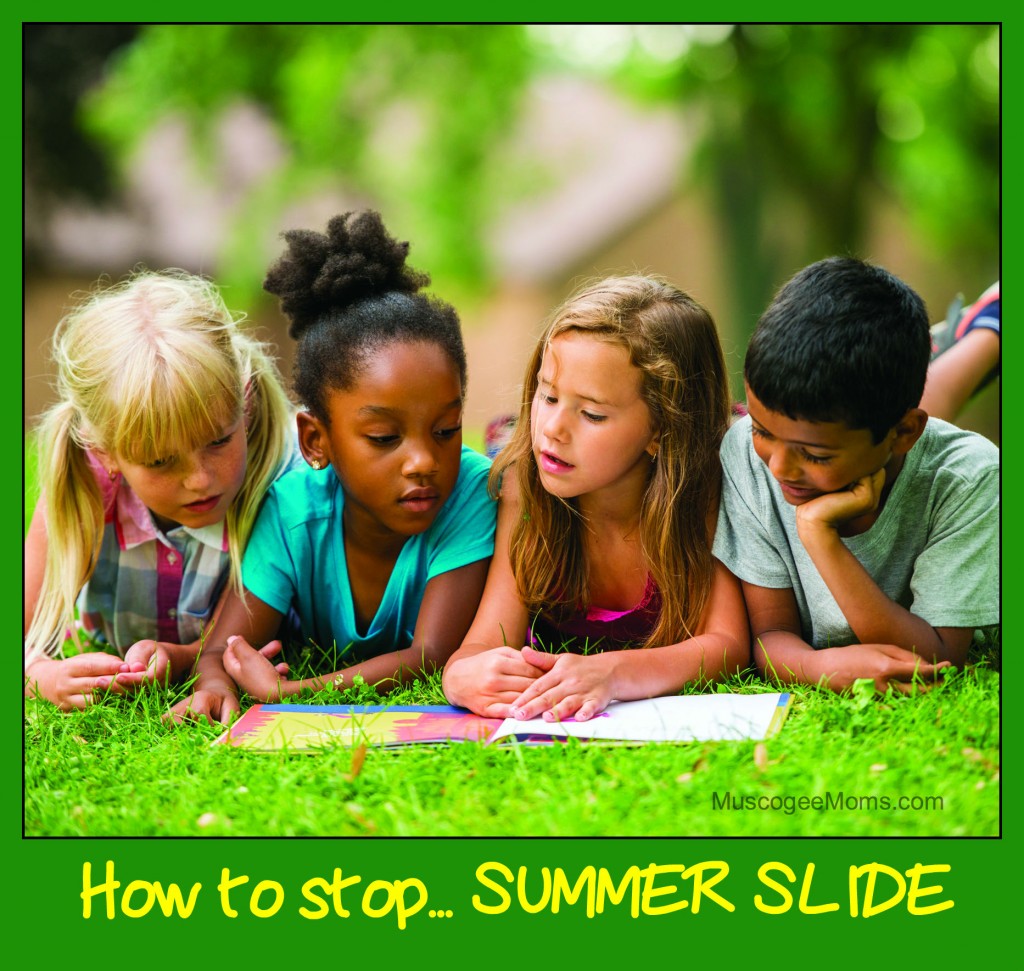The weather is warm and school is out, but learning shouldn’t stop just because vacation has started. Stepping too far away from the books can result in learning loss. However, research shows that encouraging kids to read for 20 minutes a day over the summer can help prevent the summer slide.
The key is finding ways to make reading fun, combining education and entertainment, according to Kate DiCamillo, a two-time Newberry Medal Award-winning author and the 2016 Collaborative Summer Library Program National Summer Reading Champion.
“Reading should not be presented to children as a chore or duty, but rather as a gift that emphasizes the fun of opening a new book and celebrating the satisfaction that comes from reading another story,” said DiCamillo, who is the 2016-17 Pizza Hut BOOK IT! Program literary partner.
Summer schedules can get busy, but with a little creativity it’s easy to fit in those 20 minutes, even when you have other plans. Here are 6 tips to make reading fun and help stop the summer slide.
1. Take a book.
The best way to get your kids reading is to have books available, so take them with you, whether it’s in the car, at the beach or waiting at the doctor’s office.
2. Summer recharge.
Plan ahead for a fun reading-related trip during the summer to reignite the love of books and reward kids for reading. It doesn’t have to be fancy; the trip could simply be camping like a character in a book.
3. Explore hobbies.
Reading is more fun when the subject matter involves your favorite things. Look for books that match your kids’ personal interests.
4. Pen pals.
Work with other parents to set up pen pals and have kids write letters back and forth to practice their reading and writing skills.
5. Take direction.
Ask kids to read the directions for a classic summer project, like setting up a tent or making a picnic snack. Whether they are directing you or doing it themselves, reading and understanding directions builds important skills.
6. Tap into tech time.
If you’re committed to limiting screen time for the summer, consider a compromise that lets kids use devices for productive activities, such as reading e-books.
The sooner you start a habit of reading every day, the better your child will be prepared when school kicks off again.



